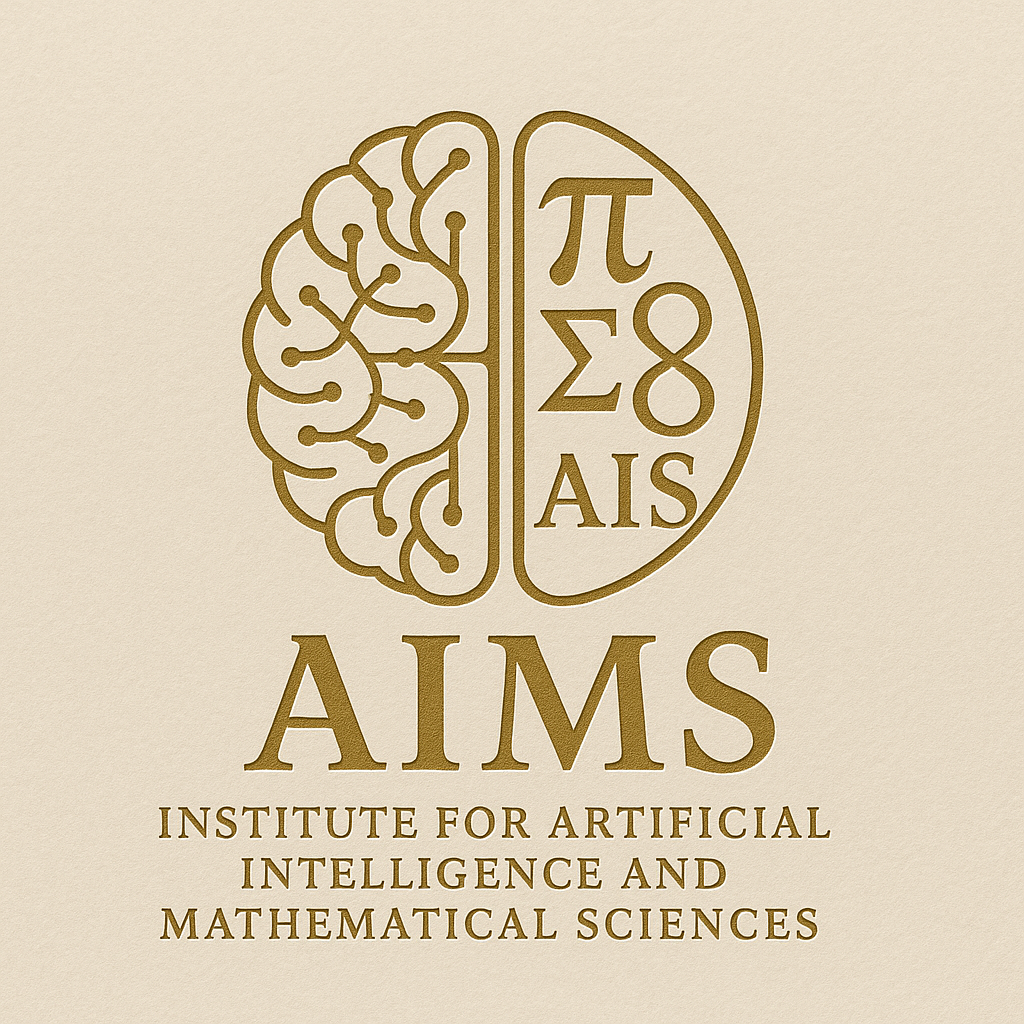We have been interested on AI-enabled cultural interpreters or Multicultural AI for the last two decades. A few months ago we established a group focused on research and implementation of AI-enabled cultural interpreters. Our team has experts in ML and AI from different cultures (Europe, Middle East, Russia, China, India, etc).
We are looking for sponsors and potential investors. For detailed information contact any of us:
T. Shaska E. Curri J. Mezinaj E. Zhupa E. Ruci
Globalization has forced many companies and government agencies to be in constant contact with diverse cultures. Communicative understanding, not simply of local languages but also of social customs and cultural backgrounds, has become crucial to conduct successful activities.
Automated systems would be a great help to the cross cultural communications. However, unlike the human cultural interpreters, current AI-enabled systems are incapable of accurately analyzing cross-cultural communication or providing useful assistance beyond basic machine translation. While there have been significant advances made in machine learning and multimedia analysis, a number of critical deficiencies in these systems still remain.
To support users engaged in cross-cultural dialogue, AI-enabled systems need to go beyond providing language translation – they need to leverage deep social and cultural understanding to assist communication. Moving AI from a tool to a partner in this capacity will require significant advances in our machines’ ability to discover and interpret sociocultural factors, recognize emotions, detect shifts in communication styles, and provide dialogue assistance when miscommunications seem imminent – all in real-time.
The goal is to create a cross-cultural language understanding service to improve the ability to effectively interact with diverse international audiences and to develop natural language processing (NLP) technologies that recognize, adapt to, and recommend how to operate within the emotional, social, and cultural norms that differ across societies, languages, and communities.
Our activity is focused on research and development efforts to address a specific set of challenges limiting the application of current human language and communication technologies. These challenges include:
the discovery of sociocultural norms,
emotion recognition as a function of sociocultural norms, and
detection of impactful changes in sociocultural norms and emotions.
Humans acquire inferred knowledge of diverse and varied sociocultural norms through a lifetime of learning and interaction. We aim to emulate this learning capability by creating technologies that are capable of automatic discovery of the sociocultural norms that influence discourse, including the social, cultural, and contextual factors that impact effective communication and rapport building.
We aim to create a capability that can recognize speaker emotions across different languages and cultures. Human interpreters continuously monitor emotional feedback from conversational participants (e.g. facial expression, tone of voice, diction), using this information to gauge how the interaction is progressing and alter the exchange as needed. In order to interpret speaker emotions as influenced by sociocultural context, we will focus on developing multimodal human language technologies capable of generalizing their recognition of emotion across different languages and cultures.
References
The Power of Language’: 5 ways multilingual brains work differently
The Power of language, Multilingualism, Self, and Society, Viorica Marian
Funding Agencies
